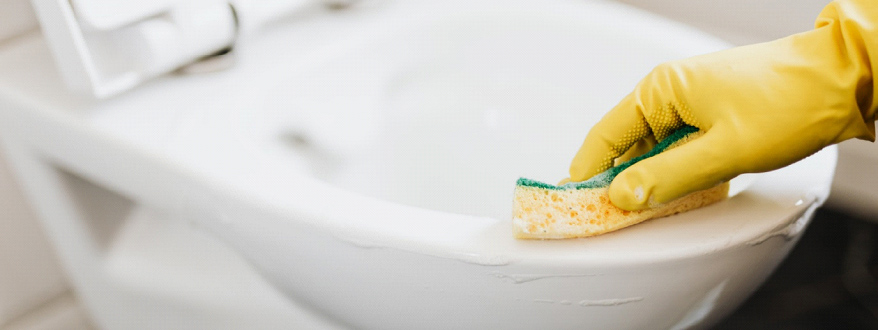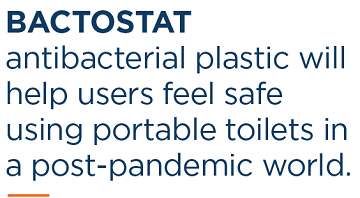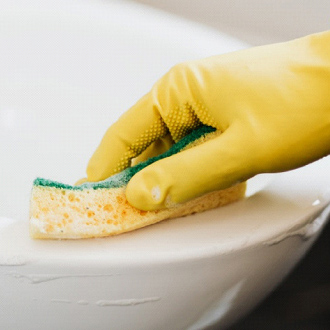
Portable toilets are listed as one of the most germ-infested areas of public life, with skin contact common on many surfaces. The pandemic has also increased concern regarding the sanitary conditions found in portable toilets. COVID-19 has affected many facets of life, and it will be critical to make portable toilets a safer and a more germ-resistant environment for all users.
Many mobile toilets already offer improved sanitary conditions and cleanliness measures such as hand-sanitizer pumps and regular cleanings. However, in order to combat the spread of germs and harmful bacteria, it is important to improve the plastic materials in mobile toilets and make them safer for skin contact.
BACTOSTAT’s bacteria repellent properties will help make portable toilets safer and more germ-resistant.
 BACTOSTAT is a unique plastic compound that is bacteriostatic, bactericidal, eco-friendly and bacteria repellant according to multiple studies.
BACTOSTAT is a unique plastic compound that is bacteriostatic, bactericidal, eco-friendly and bacteria repellant according to multiple studies.

TOILET SEATS
Studies have shown toilet seats to be germ-infested areas carrying the most gut bacteria compared to any other surface in a portable toilet. BACTOSTAT’s unique germ-resistant properties would create a bactericidal solution to fight this bacteria growth and spread.

PLASTIC FLOORING
Portable toilet flooring contains the most diverse range of bacteria according to multiple studies. This is due to our shoes tracking a variety of bacteria with us when we walk around. BACTOSTAT plastics resist bacteria growth and slow its spread significantly.

FLUSH HANDLE
Most people touch the flush handle or button before they wash their hands, and bacteria transmission is a common occurrence during this. Studies have also shown that the button or handle has a wide variety of bacteria, suggesting that people also use their shoes to push the button or handle, and contribute to germ spread as well. BACTOSTAT plastics would make this critical area much safer to touch in a portable toilet.



